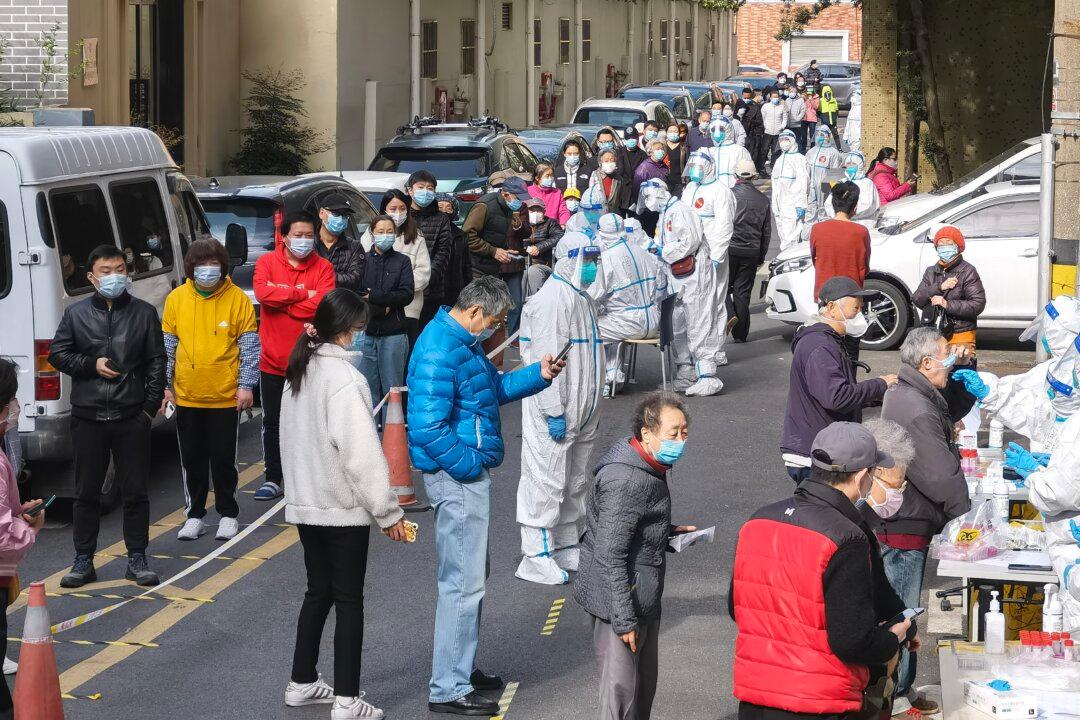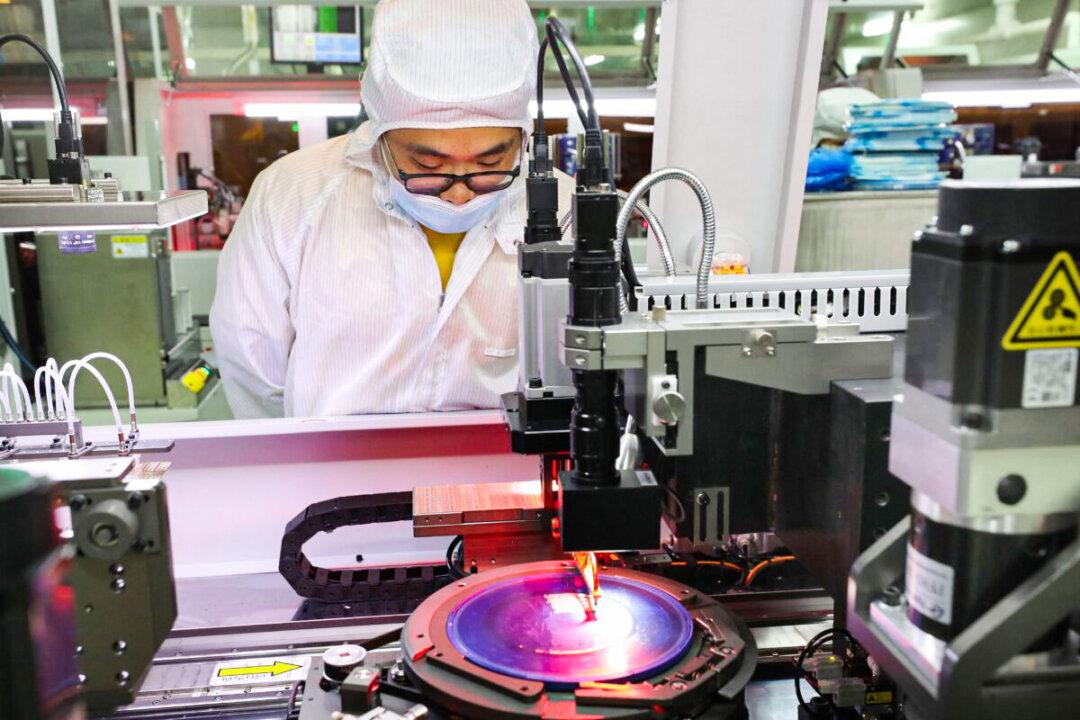Recently, the Chinese Communist Party (CCP) announced plans to require cities with at least 10 million residents to set up testing booths within a 15-minute walk of every resident.
However, experts warned that China’s medical waste, which has already surged to an unprecedented level, could become a potential source of secondary infection that threatens both the population and the environment.





